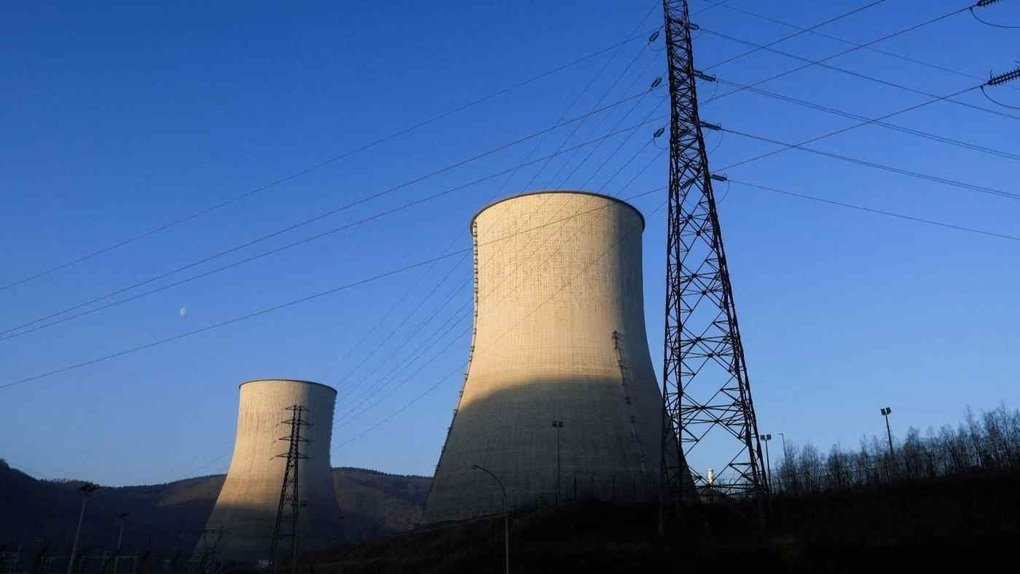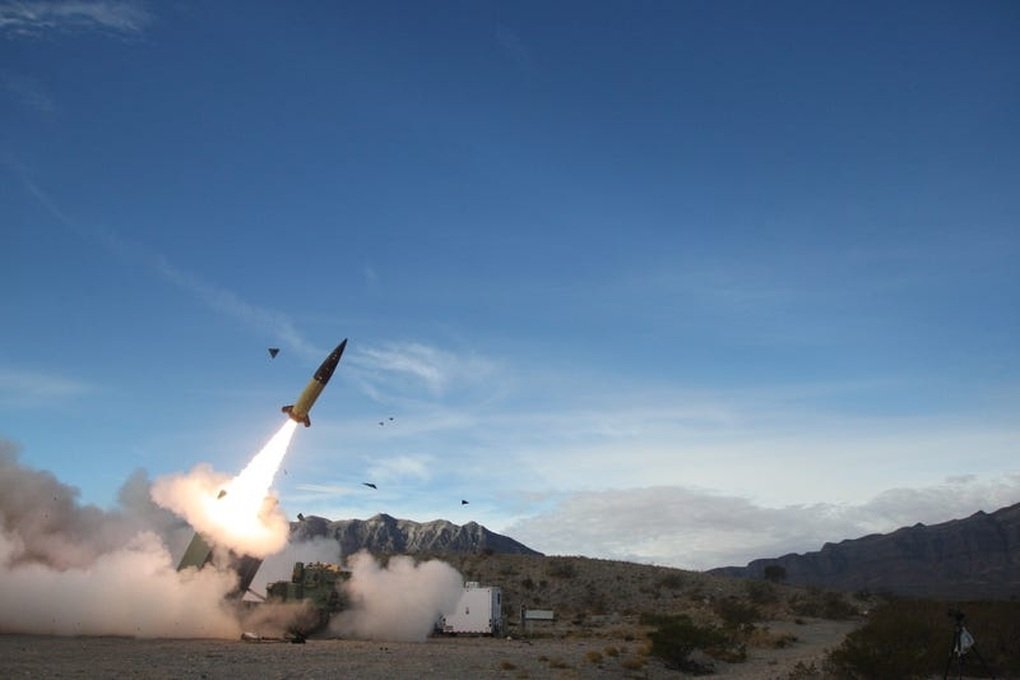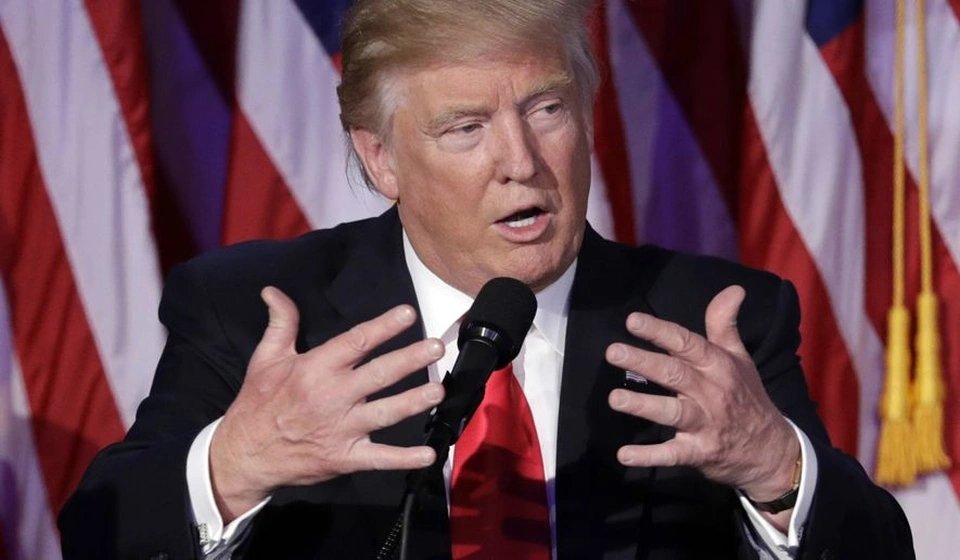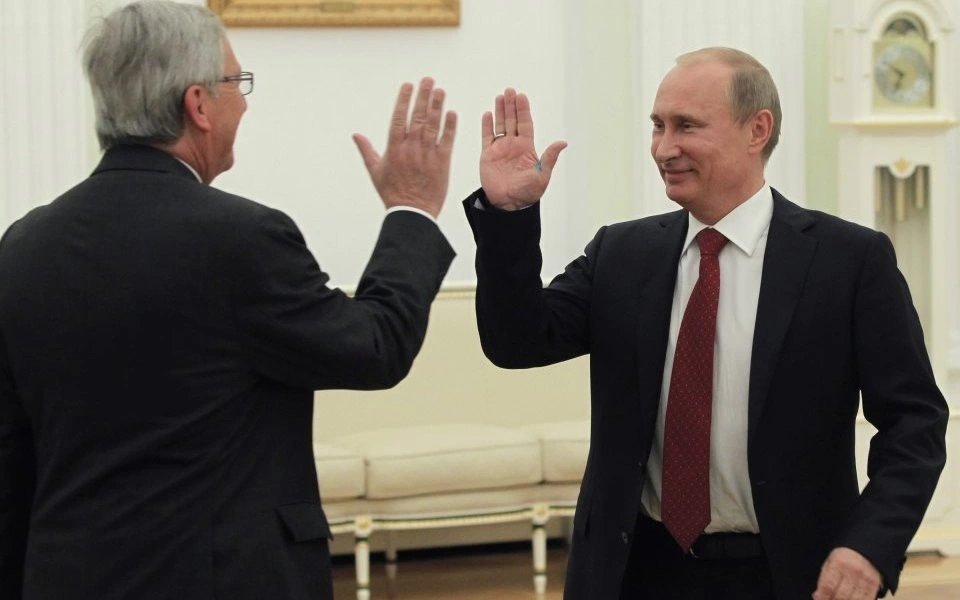
(Dan Tri) – US officials believe that the country’s import of large amounts of enriched uranium from Russia to operate nuclear energy facilities is a serious threat to national security.
A nuclear reactor (Illustration photo: FT).
US Assistant Secretary of Energy Kathryn Huff admitted to the Financial Times on November 7 that the US’s continued import of large amounts of nuclear fuel from Russia poses a `serious` threat to national security.
According to Ms. Huff, Russia supplies more than 20% of nuclear fuel to the US and this is very worrying.
The US doubles its imports of enriched uranium from Russian energy corporation Rosatom in the first half of 2023, despite Washington stepping up calls for global sanctions against Russia to pressure Moscow to stop its more than 20-year military campaign.
Washington began purchasing large amounts of enriched uranium from Russia after the end of the Cold War under the Megatons to Megawatts program, for use in US nuclear power plants.
After the 2011 Fukushima Daiichi nuclear disaster in Japan, many countries halted the construction of nuclear power plants, causing many private fuel supply companies to go bankrupt and disrupting the enriched uranium supply chain.
However, Rosatom not only overcame the above crisis but also entered foreign markets as a new nuclear fuel supplier.
As a result, today, America lacks a suitable industry to mine, refine, and produce fuel that can meet the needs of the nuclear power industry.
In addition, Europe also imports about 17% of nuclear fuel from Russia, along with coal and liquefied gas to meet energy needs.
While the US and its EU allies have imposed sanctions on Russian oil and gas due to the conflict in Ukraine, Moscow’s exports of nuclear fuel remain unsanctioned.
According to Nikkei, Russia’s position in the market for raw materials for nuclear power could create a major challenge for Western countries even as they are trying to escape dependence on Moscow’s energy.
Russia owns about 50% of the world’s uranium enrichment infrastructure.
Therefore, the West cannot be aggressive with enriched uranium from Russia because they know that replacing Moscow’s leading position in a short time is impossible.
In addition, the price of uranium supplied by Rosatom is relatively low, making it very competitive.
An immediate switch to another source of nuclear energy is very difficult to implement.
Therefore, the scenario of the West completely escaping dependence on Russian energy seems unlikely at least in the near future.








